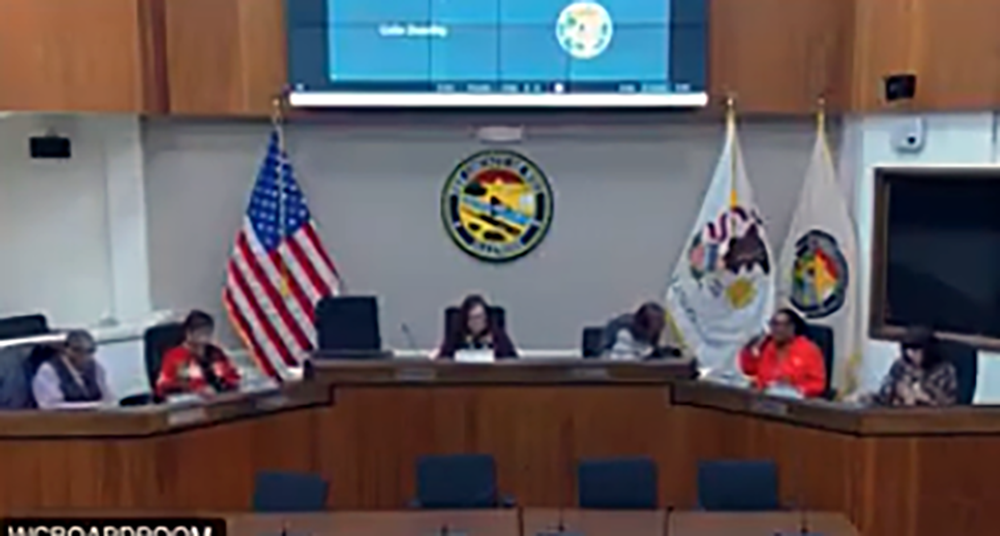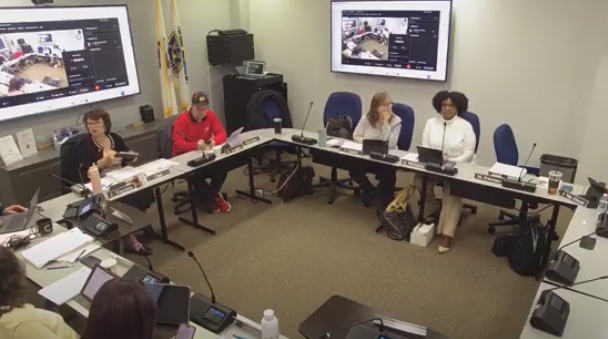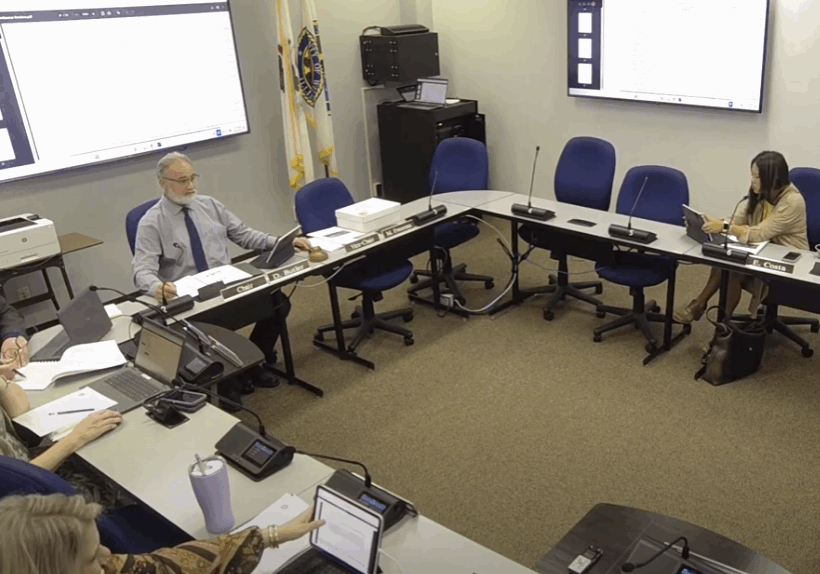
Will County Poised to Launch Major Mental Health Initiative Based on Joliet Program’s Success
Article Summary: The Will County Board Public Health & Safety Committee on Thursday considered establishing “Will County CARES,” a county-wide, cost-free mental health program modeled after a successful Joliet Fire Department initiative that has reduced local suicide rates by 50% over two years. While the formal presentation was postponed, supporting documents detail a plan to leverage a $1.9 million state grant to provide accessible crisis assistance and therapy to all 700,000 county residents.
Will County CARES Program Key Points:
-
The program, “Crisis Assistance & Response for Emotional Support” (CARES), is based on the Joliet Fire Department’s Community Mental Health Program, which began in July 2022.
-
The Joliet program provided over 8,000 therapy sessions in its first 18 months and is credited with a 50% reduction in regional suicide rates.
-
A $1.9 million grant from the State of Illinois has been secured to expand these mental health services to all residents of Will County.
-
The initiative aims to address barriers like cost, transportation, and timely access to care, offering therapy appointments within 24-48 hours.
The Will County Board is set to formalize a major expansion of mental health services by establishing “Will County CARES,” a program designed to provide timely, cost-free mental health care to all county residents. The Public Health & Safety Committee was scheduled to hear a presentation on the initiative on Thursday, October 2, 2025, but postponed the item to its next meeting.
The program, fully titled “Crisis Assistance & Response for Emotional Support,” is modeled directly on the successful Community Mental Health Program launched by the Joliet Fire Department (JFD) in July 2022. According to a county resolution, the JFD program was created in response to a significant increase in mental and behavioral health emergency calls, which accounted for nearly 15% of the department’s annual responses, rising to 20% when including substance abuse incidents.
Developed by Joliet Fire Chief Jeff Carey and EMA Director John Lukancic, the original program partnered with Silver Cross Hospital and Thriveworks Counseling to offer accessible mental health care. In its first 18 months, the initiative provided over 8,000 therapy sessions and has been credited with dramatically reducing suicide rates in the region by 50% over the past two years. A key success was eliminating teenage suicides in Joliet in 2023 and 2024, a stark contrast to the 12 teenage suicides recorded in the 2021-2022 school year.
The success in Joliet has spurred the county-wide expansion, backed by a $1.9 million grant from the State of Illinois. The goal is to extend the same services to all 700,000 residents of Will County.
“Will County has one mental health clinician per 600 people, while the State of Illinois has a clinician-to-person ratio of 1 to 346,” states a report from the JFD. “Securing funding will ensure that all 700,000 residents of Will County can receive cost-free, definitive mental health care in a timely fashion.”
The program is designed to remove the three main barriers to mental health care: access, cost, and transportation. Residents will be able to schedule appointments with therapists within 24-48 hours, often on the same day, and can choose between in-person or teletherapy sessions. The cost is covered by billing a patient’s insurance first, with the county fund covering any remainder. For uninsured residents, the program covers the entire cost.
The model also relies on training first responders. The JFD trained 200 of its firefighters and paramedics in “Crisis First Aid for Paramedics” (CFA-P) to better de-escalate mental health crises and connect individuals with professional care. This training has already been expanded to fire departments in surrounding communities, including New Lenox and Beecher, as well as the Beecher Police Department.
The resolution to establish Will County CARES confirms the county will continue partnerships with the City of Joliet, Thriveworks, Silver Cross Hospital, and local school districts. It also commits the county to seeking additional funding from sources like the 708 Mental Health Fund and the Opioid Settlement Fund to ensure the program’s long-term sustainability. The University of St. Francis will collaborate on research to evaluate the program’s effectiveness, with the potential for the State of Illinois to expand the model statewide if it proves successful.
The resolution states that the investment “will ultimately save both lives and public funds in the future” by preventing long-term issues such as disabilities, substance abuse, homelessness, and suicides. The committee is expected to take up the presentation and a potential recommendation at its November meeting.
–
Latest News Stories
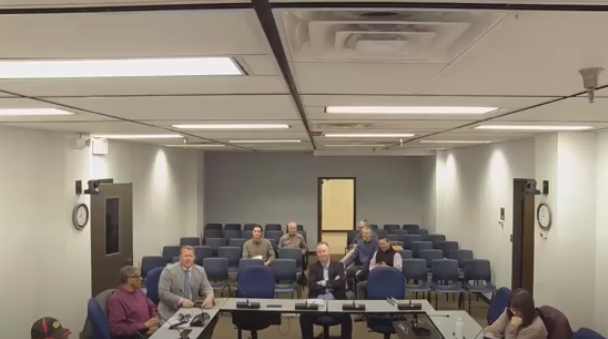
Farmers, Residents Call for Action on Roadside Debris from Landfill Trucks

County Landfill Meeting Briefs

Geological Features Central to Landfill Expansion Plans

County Considers Two Options for Prairie View Landfill Expansion
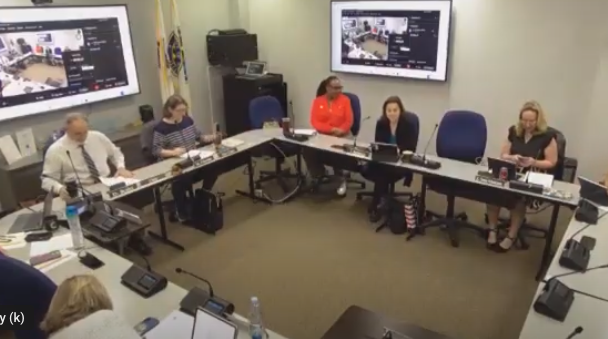
Health Department Faces Funding Cuts, Reviews Options for Programs

County Health News Briefs

Substance Use Initiative Reports Early 2025 Overdose Data, Outreach Efforts

County Food Access Program Reports Progress on ARPA-Funded Initiatives

Sunny Hill Nursing Home Reaches Full Capacity, Completes Bed Upgrades
